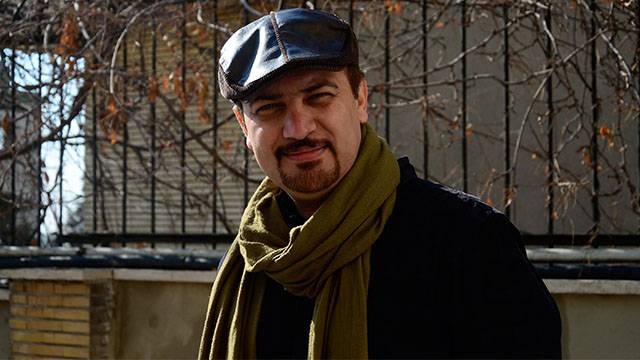The Village Voice reports of a massive retrospective of the work of filmmaker Mehrdad Oskouei at the Anthology Film Archives, under the title “Documentary, Iranian Style: The Films of Mehrdad Oskouei.” Calling it, “the most extensive retrospective to date of the director’s pictures in North America,” and referring to Oskouei in the title as “Iran’s Most Important Documentary Filmmaker,” the event’s effusive messaging intends to make him a household name.
Oskouei’s recent Starless Dreams gained attention and praise from critics, but this series of screenings organized by Amir Soltani shared rarer examples of the director’s work, including It’s Always Late for Freedom (2008) and The Last Days of Winter (2011) two films which concern the boy’s wings of a correctional center in Iran (Starless is focused on the young women interned there). Interestingly, Oskouei was apparently not even informed that there was a women’s wing when filming the previous movies, and much of the seven years of production time for Starless Dreams involved his dedicated pursuits to legally obtain the permits to even film there at all.

All in all, this series represented an unusually deep dive into Oskouei’s work, but the hope is that attention of this sort will increase international awareness of the Iranian documentarian and his incredibly focused pieces—his subject matter extends past the loose trilogy of films described above, including a documentary about the growing obsession with nose jobs for both men and women in Iran, called Nose, Iranian Style. Considering that most of Oskouei’s films hover around an hour-long runtime, Oskouei doesn’t appear to overextend his subjects into feature-length presentations simply for their own sake, though this creative approach must distinguish him from the seemingly traditional convention of 90-minutes-and-up.
Hopefully, we will see a representative DVD or digital collection of the filmmaker’s work available to consumers soon.
Cover photo from ‘Starless Dreams’: “Why is a man’s blood worth more than a woman’s?” is a question in a human rights lesson towards the end of Starless Dreams.






